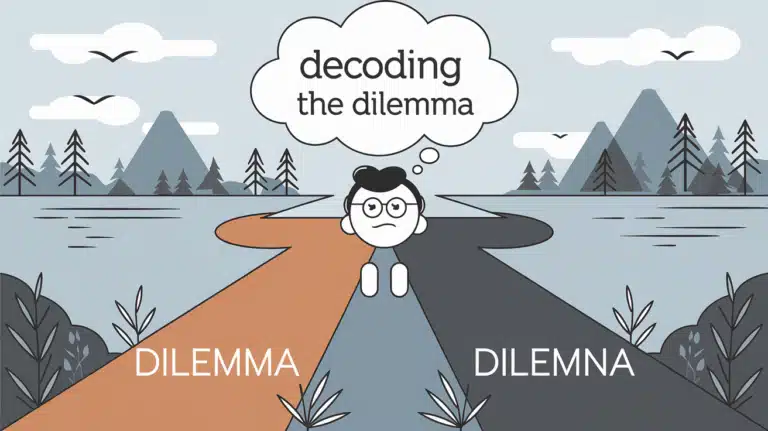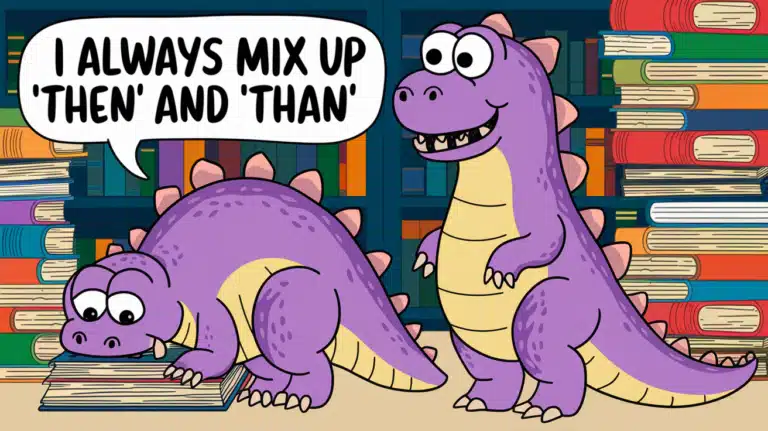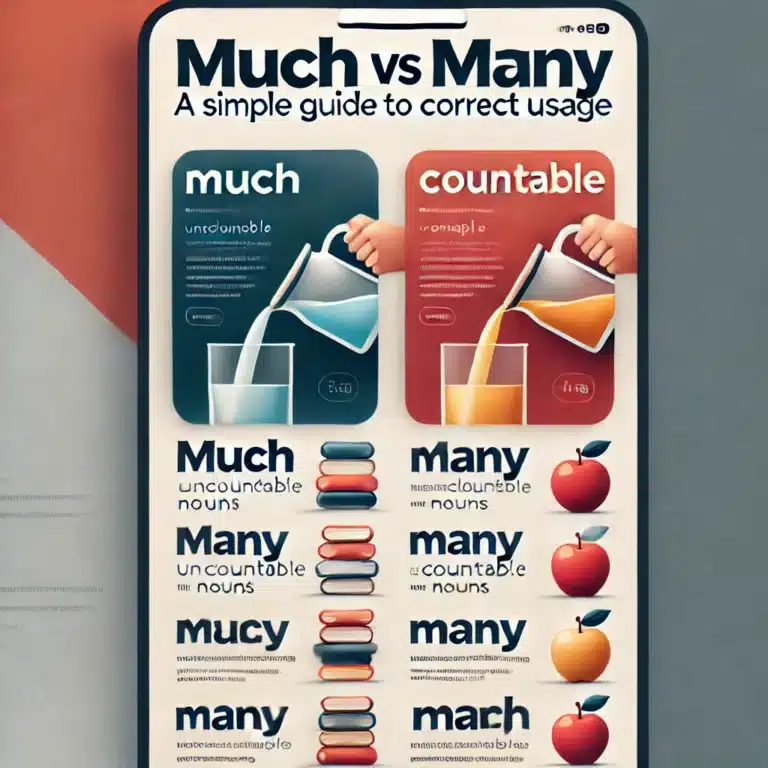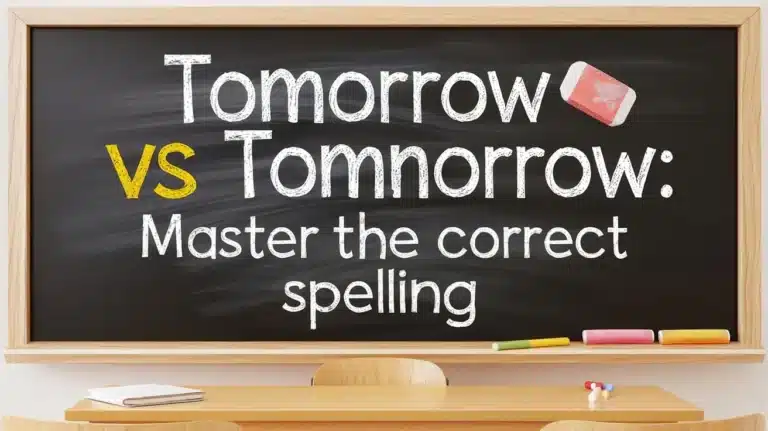Have Been vs. Has Been vs. Had Been: How to Use Each One Correctly
Understanding verb phrases like have been, has been, and had been is essential to mastering English grammar, especially when dealing with perfect tenses. These verb constructions may seem tricky at first, but once you break them down and understand how they work, you’ll see they follow predictable patterns that make perfect sense.
In this article, we’ll explore how to correctly use have been, has been, and had been by examining the present perfect, past perfect, and their progressive forms. We’ll also address common errors, provide examples, and guide you with tips on usage.
Understanding the Basics of Present Perfect and Past Perfect
Present Perfect: Have Been and Has Been
The present perfect tense is used to talk about an action or state that started in the past and continues into the present, or one that occurred at an unspecified time before now.
- Present perfect tense = Have/Has + past participle (in this case, been).
The difference between have been and has been comes down to the subject of the sentence.
- Use have been with first-person singular (I), second person (you), and first/second/third-person plural (we, they).
- Use has been with third-person singular subjects (he, she, it).
| Subject | Example Sentence |
|---|---|
| I | I have been waiting for you since 9 AM. |
| You | You have been quite helpful throughout. |
| We/They | We have been working on this project all day. |
| He/She/It | She has been my best friend for years. |
Past Perfect: Had Been
The past perfect tense is used to show that something happened before another action in the past. It establishes a clear order of past events, meaning one action occurred before the other.
- Past perfect tense = Had + past participle (been).
| Subject | Example Sentence |
|---|---|
| I/You/We/They | We had been planning to visit before the storm hit. |
| He/She/It | He had been working for that company for ten years. |
When and How to Use Have Been
Have been appears in the present perfect tense, and it’s typically used with first and second person pronouns (I, we, you) and plural subjects.
Read More About : Mastering “Check in” vs. “Check-in”: A Comprehensive Guide to Correct Usage
Common Usage:
- Unfinished Actions Continuing Into the Present:
I have been reading this book for weeks.
This shows the action began in the past and is still happening now. - Repeated Actions Over Time:
They have been traveling every summer since 2010.
This suggests a recurring activity that has spanned over a period of time.
Mistakes to Avoid:
- Using have been with a singular third-person subject like “he” or “she.” In those cases, has been is correct.
Example Sentences:
- We have been learning about grammar for years.
- You have been a fantastic partner on this project.
When and How to Use Has Been
Has been is used with third-person singular subjects (he, she, it) and functions in the same way as have been, indicating actions that started in the past and are still relevant or continuing.
Common Usage:
- Singular Subject with Present Perfect:
He has been working at the company since 2015.
This indicates the action began in the past and continues. - States or Conditions:
It has been a rainy week.
In this case, the phrase describes a condition that is true from past to present.
Mistakes to Avoid:
- Using has been with plural subjects. For example, “They has been…” should be “They have been….”
Example Sentences:
- She has been a teacher for over 20 years.
- It has been a tough week for everyone involved.
When and How to Use Had Been
Had been is part of the past perfect tense and describes actions that occurred before another past action. It signals that something was ongoing or completed before another event in the past.
Common Usage:
- To Show Chronological Order in the Past:
I had been studying for hours before the power went out.
The studying occurred first, and then the power outage happened. - To Show a Completed Action in the Past:
They had been friends for years before they decided to start a business together.
The friendship was established long before the decision to start a business.
Mistakes to Avoid:
- Using had been for present actions. It always refers to something that happened in the past before another past event.
Example Sentences:
- She had been hoping to get the promotion before she left the company.
- We had been living in that town for five years when we moved to the city.
Comparing Have Been, Has Been, and Had Been
To further clarify the difference between these forms, here’s a table comparing the present perfect tense and past perfect tense:
| Verb Phrase | Tense | Subject Example | Timeframe |
|---|---|---|---|
| Have been | Present Perfect | I/You/We/They | Action started in the past and continues into the present. |
| Has been | Present Perfect | He/She/It | Singular subject, action started in the past and is ongoing. |
| Had been | Past Perfect | All subjects | Action occurred before another action in the past. |
Key Differences:
- Present perfect (have been/has been) refers to actions that started in the past and continue into the present or are relevant now.
- Past perfect (had been) is used for actions completed before another event in the past.
Tips for Remembering Correct Usage:
- Have been/Has been = Action continuing from the past to present.
- Had been = Action completed before another past event.
Common Usage Scenarios and FAQs
Have Been vs. Has Been in Questions
When forming questions, you still follow the basic rules for subject-verb agreement. Here’s how it works:
- Have you been to this restaurant before?
- Has she been feeling better lately?
Had Been in Hypotheticals and Conditionals
The past perfect (had been) is often used in hypothetical or conditional sentences:
- If I had been on time, I would have caught the train.
- She would have been happier if she had been promoted.
FAQs
- Can I use had been for present actions?
No, had been is only for past actions that happened before another past event. - Is there any difference between British and American English in these constructions?
Generally, the rules for have been, has been, and had been are the same in both British and American English.
Practice Makes Perfect: Test Your Understanding
Here’s a short quiz to check if you’ve mastered the differences between have been, has been, and had been:
- We __ (have been / had been) waiting for the concert to start for over an hour.
- She __ (has been / had been) working at the same job for a decade.
- I __ (have been / had been) feeling ill before I went to the doctor.
Quiz Answers
- We have been waiting for the concert to start for over an hour.
- She has been working at the same job for a decade.
- I had been feeling ill before I went to the doctor.
Stay Updated on Grammar: Subscribe for More Tips
Want to keep learning? Subscribe to our weekly newsletter for expert grammar tips delivered right to your inbox!
By following the guidelines provided here, you’ll feel confident in your use of have been, has been, and had been. Keep practicing, and these verb phrases will soon become second nature in your writing!







